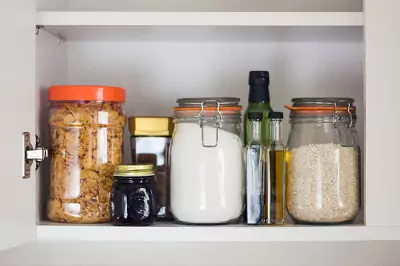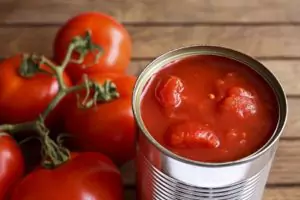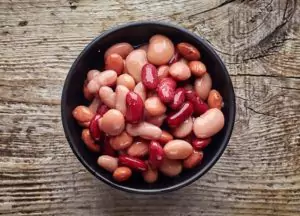7 Budget Friendly Pantry Essentials
Posted by Century Support Services on May 17, 2019

The average American spends $150 per week on food, according to a Gallup poll. Ten percent say they spend more than $300 a week, while eight percent spend less than $50. This begs the question for shoppers on a budget: Where do you fall on the food spending spectrum, and what can you do to save money? Stocking up on inexpensive and versatile ingredients is a great way to start. Read on for a roundup of seven must-have pantry essentials.
1. Oatmeal
Boxed cereal and granola are surprisingly expensive. Oatmeal, on the other hand, is a bargain — especially when you buy it in bulk. And while oatmeal is the perfect healthy breakfast on its own or incorporated into your own granola mix, it can also be used in other ways. Food Network recommends food processing it into oat flour, blending smoothies, and using it to bulk up veggie burgers.
2. Canned tomatoes
Canned tomatoes are affordable and useful for many delicious recipes beyond  spaghetti sauce. They’re also just as nutritious as fresh-off-the-vine tomatoes. Use them to create near-endless soups, stews, chilis and more.
spaghetti sauce. They’re also just as nutritious as fresh-off-the-vine tomatoes. Use them to create near-endless soups, stews, chilis and more.
A few tips for cutting costs on canned tomatoes and other canned foods? Keep an eye on the normal prices so you know when it’s a good time to stock up. Also, be wary of specials which may not break down to be as budget-friendly as they appear. For example, a 10/$10 dollars special on canned goods may look terrific — until you realize that the same items are usually sold for less than $1 a can.
3. Canned tuna
Speaking of canned foods, canned tuna is a great way to reap the many benefits of eating fish. “Stock up on this staple when it’s on sale (20 cents per ounce) and you’ll always have an easy source of healthy fish protein on hand for tuna salad sandwiches, or olive oil-based Mediterranean-style salads filled with fresh veggies, grains and herbs,” advises Food Network.
4. Canned beans
You’re not done in the canned food aisle yet! In fact, if you’re in debt and looking  for ways to save both time and money in the kitchen, canned beans are your new best friend. For starters, they’re very cheap. And while dried beans may be slightly cheaper, canned beans more than earn their keep in convenience. Plus, they’re packed with protein and fiber, making them an inexpensive, filling and nutrition-packed alternative to meat. Stir a can of beans into almost any recipe to make it go further with flavor.
for ways to save both time and money in the kitchen, canned beans are your new best friend. For starters, they’re very cheap. And while dried beans may be slightly cheaper, canned beans more than earn their keep in convenience. Plus, they’re packed with protein and fiber, making them an inexpensive, filling and nutrition-packed alternative to meat. Stir a can of beans into almost any recipe to make it go further with flavor.
5. Flour
Still buying baked goods and ready-made pizza crust? Time to break that budget-busting habit and start making your own. In doing so, you’ll save at least 50 percent!
One rule of thumb for storing flour and other dry goods? Maximize freshness by keeping them in a dark, dry and cool place.
6. Dried Spices
If you’ve been getting by with salt and pepper, you don’t know what you’re missing. Proposes Food Network, “Dried spices can add a lot of flavor for very little money (about six cents per teaspoon for basics like cumin, cinnamon and chili powder), so keep your pantry stocked with at least five to ten of your favorites.”
And while a jar of spices may seem expensive, keep in mind that a little goes a long way. Still, you can make the price easier to swallow by sticking with generic brands.
7. Bulk Pasta
When it comes to easy, plant-based eating on a budget, buying pasta in bulk is the way to go. Throw in some sauce, cheese, veggies or protein, and you’ve got a delicious meal in no time at little cost. Change them up next time for an entirely new meal.
When money is tight, shopping smarter can make a big difference. Never find yourself impulse buying at the grocery store or reaching for a takeout menu when you can just reach for one of these seven pantry items instead.
And remember: in your journey toward better financial health, every little bit you save counts!